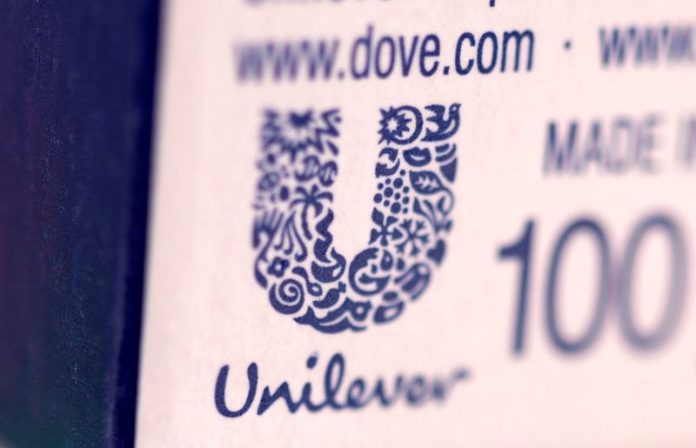Unilever Warns Ben & Jerry’s Over Political Messaging, Threatens Possible Funding Cut
Unilever has issued a warning to Ben & Jerry’s, signalling potential financial consequences if the ice cream brand does not align more closely with the parent company’s governance expectations. The move underscores growing tension within FMCG conglomerates over how brands balance activism with corporate strategy and shareholder accountability.
In its latest annual report, Unilever stated that its board “retains the authority to make changes” to the governance structure between the company and Ben & Jerry’s. Most notably, Unilever said it could limit or discontinue financial backing for the independent board that oversees Ben & Jerry’s social mission, a structure created during Unilever’s 2000 acquisition of the Vermont-based brand.
The long-standing arrangement granted Ben & Jerry’s an unusual degree of autonomy in areas such as product development and values-led marketing. However, this setup has become increasingly contentious following a series of political statements by the brand, including its 2023 call for Israel to end its military operations in Gaza and its prior attempt in 2021 to pull product distribution from Israeli-occupied territories—both of which drew sharp backlash and legal consequences.
Unilever ultimately reversed Ben & Jerry’s 2021 decision by transferring distribution rights in Israel to a local licensee, a move the independent board publicly decried. The situation resulted in lawsuits, some of which are still ongoing. While Unilever noted that most issues were resolved, the lingering disputes reflect broader challenges when consumer-facing FMCG brands adopt strong political stances.
Unilever emphasized its responsibility to maintain oversight over all business units, citing potential reputational and legal risks. The consumer goods giant said it “must be in a position to take appropriate action” if Ben & Jerry’s actions expose the company to liabilities.
For FMCG professionals, this development highlights the growing complexity of managing mission-led brands within larger corporate portfolios. As brand purpose continues to influence consumer expectations, companies face a delicate balance between supporting brand authenticity and safeguarding corporate interests.
This case also signals an important trend: while purpose-driven branding remains valuable, parent companies may increasingly exercise tighter control to mitigate financial and reputational risk.

